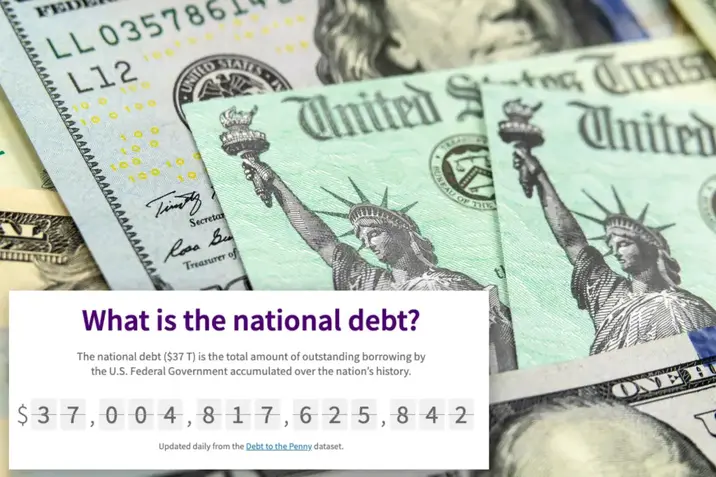T4K3.news
US July Tariff Revenue Jump Fails to Halt Wider Budget Deficit
Tariff revenue hits a July record but the deficit widens, signaling ongoing fiscal pressure in the US.

Tariff revenue hits a July record but fails to curb the widening monthly budget deficit, underscoring ongoing fiscal pressures in the United States.
US July Tariff Revenue Jump Fails to Halt Wider Budget Deficit
US tariff revenue climbed to a fresh monthly high of $28 billion in July, a 273% year-over-year gain, according to a Treasury Department release. The month also saw the budget deficit reach $291 billion, about 10% higher than July of last year after calendar adjustments.
While tariff receipts rose, they did not stop the widening deficit, underscoring that tariff policy is a revenue tool with limited ability to offset broader fiscal pressures. The July data highlight how spending levels and macro factors continue to drive the deficit, even as reform steps remain politically contested.
Key Takeaways
"Tariff revenue is a stopgap not a solution"
Analyst on fiscal strategy
"The deficit remains driven by spending and debt service not tariffs"
Budget watcher
"July data highlight fiscal fragility"
Editorial note
The July tariff haul shows how policy levers can raise money in the short term, but it is not a cure for structural deficits. Tariffs carry political and economic costs that ripple through households and businesses.
The real question is spending and debt service. Without durable changes in spending or broader tax reform, higher revenue from duties will be a temporary fix at best and a reminder of fiscal fragility.
Highlights
- Tariffs are a stopgap, not a long term fix
- Record tariff gains mask structural budget fragility
- Spending choices decide the debt path more than duties
- Policy shifts raise revenue but do not balance the books
Budget and political sensitivity
The ongoing deficit and tariff revenue discussion could trigger political backlash and cautious market sentiment, complicating fiscal policy and spending priorities.
Deficit discipline remains a political test that lawmakers cannot ignore.
Enjoyed this? Let your friends know!
Related News

US budget deficit rises despite tariff revenue

Elon Musk awarded shares worth $29 billion

U.S. deficit rises in July despite tariff gains

Trump's deadline for Russian ceasefire approaches

US debt climbs past 37 trillion

Mortgage approvals increase as housing market stabilizes

Police will share suspects ethnicity and nationality

India counters US and EU over Russian trade claims
